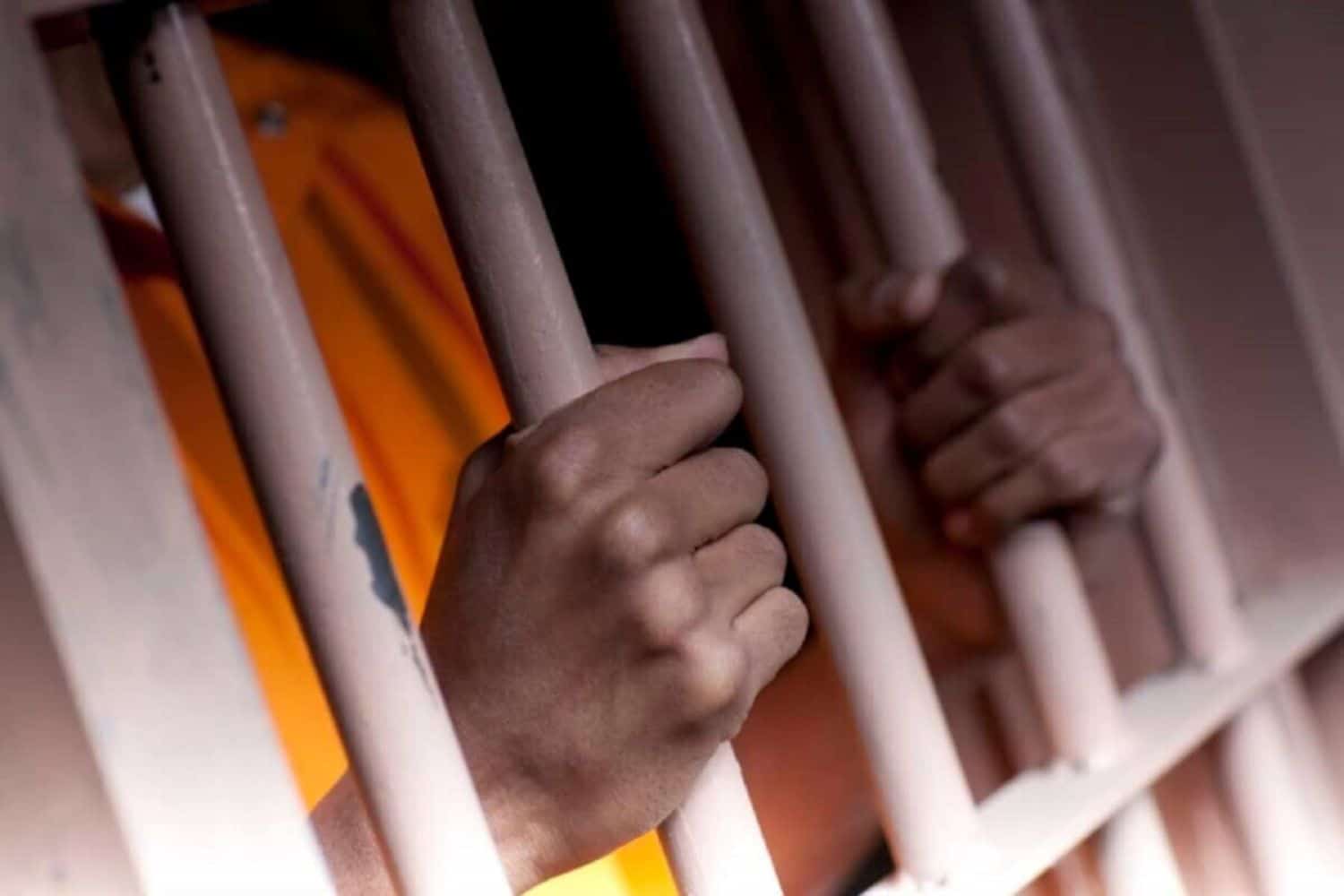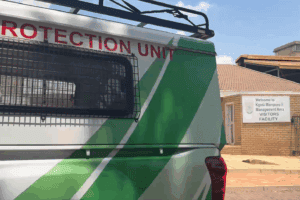The Department of Correctional Services recently released a breakdown of the drugs confiscated by prison officials.

Prisoners in South African correctional facilities are still being caught in possession of large quantities of contraband substances.
The Department of Correctional Services (DCS) revealed the scale of drugs confiscated by authorities in a recent written parliamentary engagement.
The department came under fire earlier this year for not curbing drug use in prisons, but Minister Pieter Groenewald’s office states there has been an increased focus on the matter.
Gauteng marijuana busts down
Figures released by DCS showed confiscations were lower in Gauteng’s eight correctional facilities than the rest of the country.
In the 2024/25 financial year, officials confiscated 282kg of marijuana and roughly 4kg of crystal meth.
The quantity of marijuana confiscated was down considerably from the previous financial year, where Gauteng’s prisons contributed a combined 5 790kg of contraband dagga.
However, the quantity of crystal meth confiscated had increased, with the 2023/24 financial year recording roughly 3.5kg of contraband product.
Other substances popular with prisoners were mandrax and nyaope, with confiscations totalling an average of between 250 and 400 grams per Gauteng facility.
Select national confiscations
Highlights from prisons across the country in the 2024/25 financial year include almost five tons — 4 928kgs — of marijuana confiscated at Durban Maximum, as well as 1 400kg of the plant being found at another KwaZulu-Natal facility, Ncome Medium.
Almost 7 000kg of marijuana were confiscated in Barberton, as well as 6 679kg in Klerksdorp and 5 467kg in Rustenburg.
East London had the highest annual confiscation with 20 805kg, while another Eastern Cape facility Kirkwood recorded 9 927kg of confiscated marijuana.
Kimberley recorded 1.2kg of contraband mandrax, a brick of tik was found inside the Upington facility and a rare confiscation of 350 litres of homemade beer was recorded in Virginia.
In the Western Cape, 10 correctional services facilities recorded a combined 357kg of confiscated marijuana in the past financial year.
Of the more potent narcotics smuggled in smaller quantities, Goodwood registered 22kg of confiscated mandrax last year.
Security measures questioned
The DA had earlier in the year questioned DCS’ security measures, stating that up to 50 mandrax tablets were confiscated per day in the Western Cape’s prisons.
“The statistics of what has been confiscated are staggering, but the real truth of what has been consumed without being caught is the very real crisis,” said DA parliamentarian Nicholas Gotsell.
ActionSA stated there was no adherence to the department’s drug master plan and claimed that the drug trade thrived in prisons.
“There is zero effort to curb open and shameless drug dealing within prison walls. Shockingly, prisoners are not subjected to drug tests upon entry,” said ActionSA’s Dereleen James.
ALSO READ: Billions’ worth of weight loss and diabetes medications reached SA shelves and patients in 2024
DCS minister Pieter Groenewald’s office said that the department was conducting regular security operations focusing on targeted surprise cell searches
“The department has adapted its strategies in response to the constantly evolving smuggling methods employed by offenders and external networks,” Groenewald’s spokesperson Euné Oelofsen told The Citizen on Monday.
“This includes enhanced intelligence gathering which has led to numerous intercepts of contraband before it reaches prison gates.”
Sources of smuggling
DCS said challenges remained, but believed the measures were showing signs of disrupting the smuggling of drugs into prisons.
Identifying the sources of smuggled contraband were key, with the minister’s office listing the primary contributors.
DCS said offenders returning from court appearances, hospital visits or work programmes were smuggling substances back in with them, while corrupt officials were also to blame.
“[There is] a small minority of personnel who betray the public trust by participating in or facilitating smuggling activities,” Oelofsen said.
She added that contractors and service providers who had access to prisons for maintenance, supply or service delivery were also exploiting their position.
“The department continues to strengthen vetting, monitoring, and search procedures for all three categories to reduce the risk of contraband entering correctional centres,” Oelofsen concluded.
NOW READ: Weapons, drugs and corruption plague South African prisons, say experts






